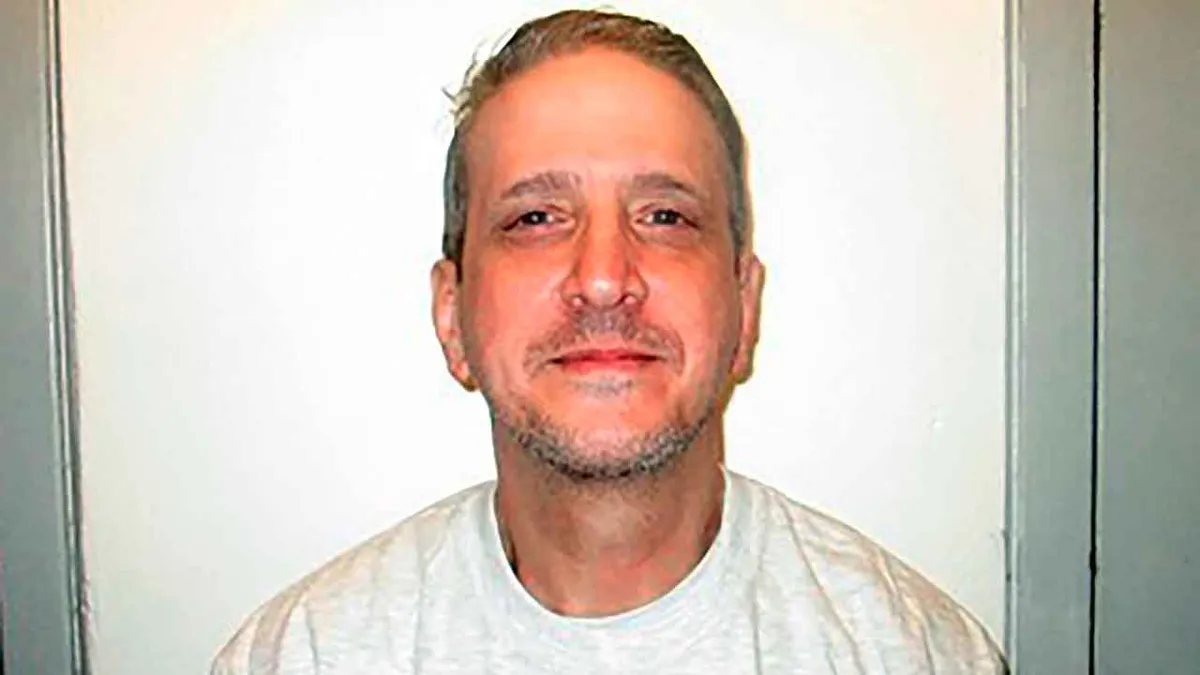
The Supreme Court has overturned the murder conviction and death sentence of Oklahoma's Richard Glossip, ordering a new trial. This landmark decision comes as a major development in the 1997 case involving the killing of Barry Van Treese, a motel owner in Oklahoma City. Prosecutors had argued that the incident was part of a murder-for-hire scheme orchestrated by Glossip.
In a rare alliance, both lawyers for Glossip and the state argued before the justices in October, emphasizing that the high court should overturn his conviction due to an unfair trial. Justice Sonia Sotomayor, writing the majority opinion, stated, "We conclude that the prosecution violated its constitutional obligation to correct false testimony."
Justice Clarence Thomas, however, expressed his disagreement in a dissenting opinion. He argued, "The Court stretches the law at every turn to rule in his favor," and criticized the decision for misinterpreting legal jurisdiction and ordering a new trial against established federal law.
Glossip has consistently maintained his innocence in the case. The primary witness against him, Justin Sneed, confessed to robbing and beating Van Treese to death but claimed this was done on Glossip's promise of a $10,000 payment. In exchange for his testimony, Sneed received a life sentence.
Despite Glossip's claims of innocence, Oklahoma’s top criminal appeals court had repeatedly upheld his conviction and sentence, even when the state itself sided with Glossip. The victim’s relatives had also urged the Supreme Court to proceed with Glossip's execution.
In 2023, State Attorney General Gentner Drummond revealed that new evidence had convinced him that Glossip’s trial was unfair. Although Drummond does not believe in Glossip's innocence, he acknowledged the possibility of a new trial, noting that the death penalty would not be considered, according to Oklahoma County District Attorney Vicki Zemp Behenna.
Drummond's concerns include evidence that prosecutors were aware Sneed lied about his psychiatric condition and the reasons for taking lithium. Additionally, a crucial box of evidence, including motel receipts, a shower curtain, and masking tape, was destroyed. Glossip's attorney, Don Knight, argued this evidence could have potentially proven Glossip's innocence.
This is a developing story. Stay tuned for further updates.